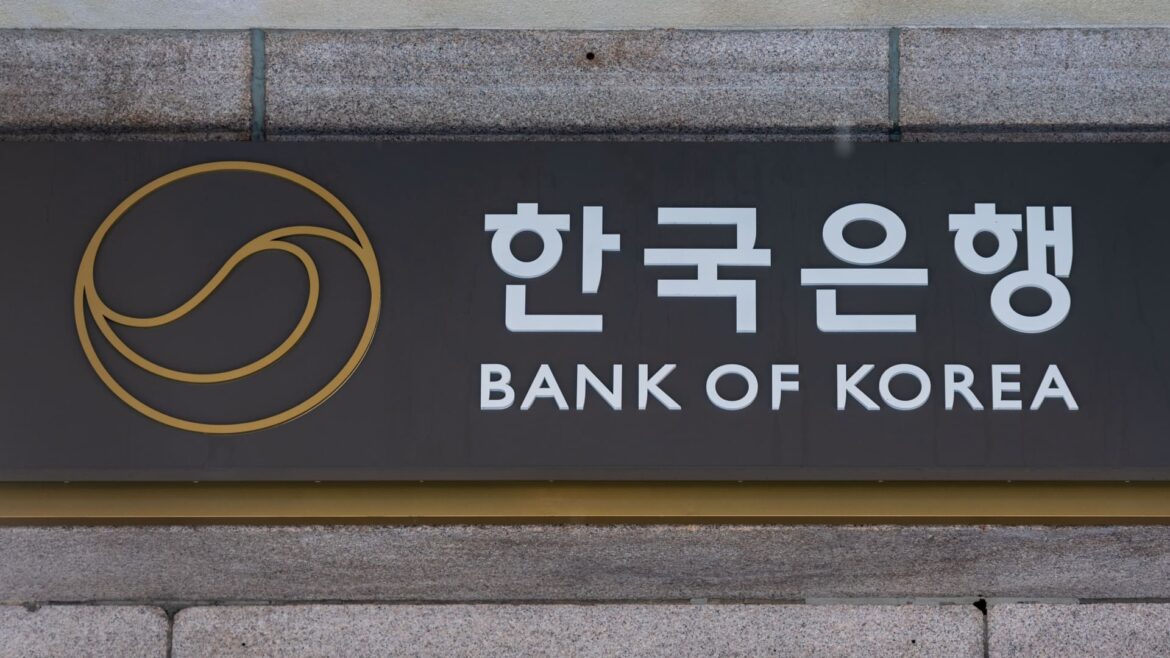Risks from South Korea’s Political Turmoil May Subside, But External Pressures Remain Troublesome
A key Bank of Korea official has said that the risks posed by South Korea’s political turmoil to its economy could subside within half a year, but external pressures owed to possible tariffs on the country’s exports to the U.S. are “troublesome”.
Monetary Policy Board member Soohyung Lee stated that the country has experienced two presidential impeachments before, and in both cases, the political turmoil or uncertainties have subsided within three to six months. However, the potential tariffs proposed by U.S. President-elect Donald Trump pose a significant threat to South Korea’s economy.
Lee noted that the tariffs would not only hit South Korea’s exports but also reintroduce inflationary forces in the U.S. economy, which could keep U.S. interest rates high and the dollar strong, impacting the Korean won. The potential depreciation of the Chinese yuan could also weaken the South Korean won further, increasing volatility in the country’s financial markets.
The won was last trading at 1,466.48 against the U.S. dollar, near 15-year lows. The Bank of Korea has policy tools such as foreign reserves and coordination with government agencies, but the valuation of the Korean won is determined in the market, and the bank has no specific target level for the forex rate.
The country’s Ministry of Economy and Finance has forecast the country’s gross domestic product growth in 2025 at 1.8%, compared with 2.1% projected for 2024. The Bank of Korea has also cut its forecast for 2025 to 1.9% from 2.1%.
To boost domestic demand, the finance ministry will expand tax exemptions of spending during the first half of 2025 and introduce incentives for companies that increase wages. However, the Bank of Korea’s main concerns will be the inflation rate and financial stability, rather than economic growth.
The Bank of Korea unexpectedly cut its benchmark rate by 25 basis points to 3% in November, following a 25-basis-point reduction in October. South Korea’s inflation rate in November rose to 1.5% year on year, up from the 1.3% increase in the prior month.

